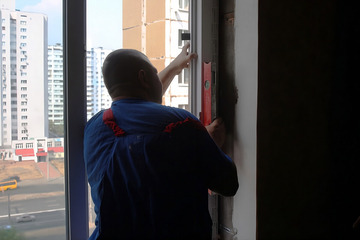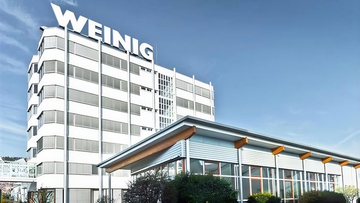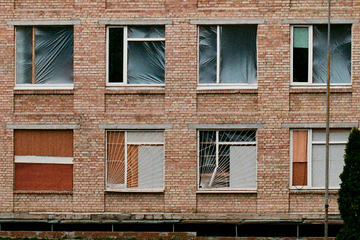The European housing market is slowing down. It is the conclusion of a study by commercial risk insurer Allianz Trade.
Rising mortgage rates have reduced housing affordability. And high energy prices and inflation are further eroding household incomes, which were already falling before russia's invasion of Ukraine. That's why analysts are talking about a decline in demand for housing loans in Europe in the next quarters.
Germany's housing market is the most vulnerable of the major European economies. Since 2015, property prices in Germany have risen by more than 50%, while affordability has fallen by 30%. A price correction will be -8%.
In France and the UK, prices will correct by -5% by the end of 2024.
In Spain and Italy, the housing markets did not start to develop actively after the bubble burst in the 2000s. Therefore, the correction will be smaller: at -3%.
However, falling house prices will not alleviate the problem of declining housing affordability. Housing affordability for younger generations and vulnerable households will become an increasingly pressing public policy issue.
Analysts at Allianz Trade also note that rising energy prices, higher construction costs and higher interest rates could challenge the European "renovation wave". It will be important to increase support in the form of grants or interest-rate subsidies. As incomes fall, the number of households unable to afford the upfront costs of energy efficiency improvements will increase. In Ukraine, for example, there is the EnergoDIM programme. The flat buildings can receive up to 70% reimbursement for energy efficiency measures. But the residents themselves invest 30% in improving the energy efficiency of the building.

Illustrative photo: Mihail Ribkin on Unsplash
Mortgage demand in Europe set to decline in the next quarters
ID no: 22551

Jan 28, 2026
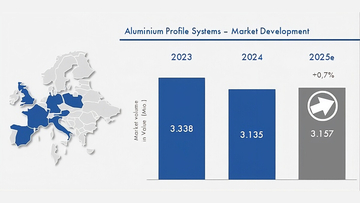
Jan 23, 2026

Today 16:44
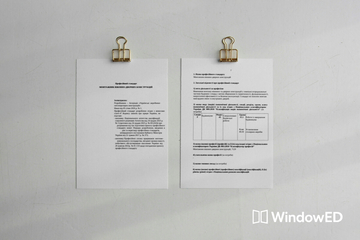
Feb 5, 2026





